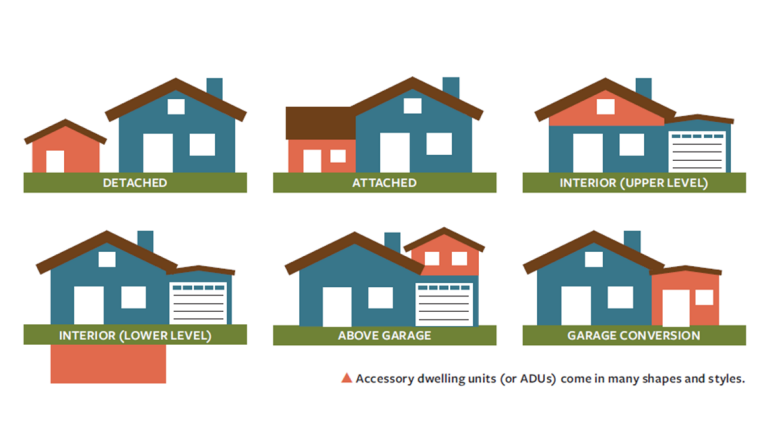AARP's Decades-Long Advocacy Fuels Nationwide ADU Policy Growth, Expanding Affordable and Multi-Generational Housing

AARP, a prominent advocacy organization, has been a significant force in shaping Accessory Dwelling Unit (ADU) policy across the United States. Brian Hanlon recently commended AARP, stating, "> .@AARP has been a leading housing advocacy organization for many years, and was a major force behind ADU policy nationwide. Thanks for championing housing options at all stages of life, including multi-generational homes!" This acknowledgment highlights AARP's sustained efforts to promote diverse and affordable housing solutions.
The organization's long-standing commitment stems from a national housing shortage and the increasing demand for living arrangements that support aging-in-place and multi-generational households. AARP's research indicates that a majority of older adults prefer to remain in their homes and communities, and ADUs offer a practical solution by providing independent living spaces on existing properties. These units can serve as residences for family members, caregivers, or as a source of rental income for homeowners, alleviating financial burdens.
AARP actively champions the removal of regulatory barriers that hinder ADU construction. Through publications like "The ABCs of ADUs" and "Accessory Dwelling Units: Model State Act and Local Ordinance," AARP provides guidance to policymakers on streamlining zoning laws, reducing prohibitive impact fees, and eliminating restrictive owner-occupancy or parking requirements. The organization identifies these as "poison pills" that stifle the development of much-needed housing.
Their advocacy has translated into tangible policy changes in various states. For instance, AARP's efforts contributed to the passage of legislation in Washington state (House Bills 1337 and 1110) aimed at easing ADU restrictions and promoting diverse housing options. Similarly, California saw a significant increase in ADU construction following policy reforms that aligned with AARP's recommendations, demonstrating the impact of their persistent push for progressive housing legislation.
AARP continues to work with local and state governments, advocating for policies that enable more flexible and affordable housing choices. Their focus remains on ensuring that communities can adapt to changing demographics and housing needs, fostering environments where individuals of all ages can thrive, including those seeking multi-generational living solutions.